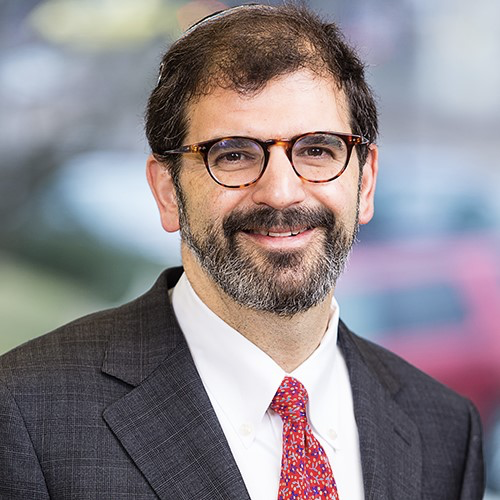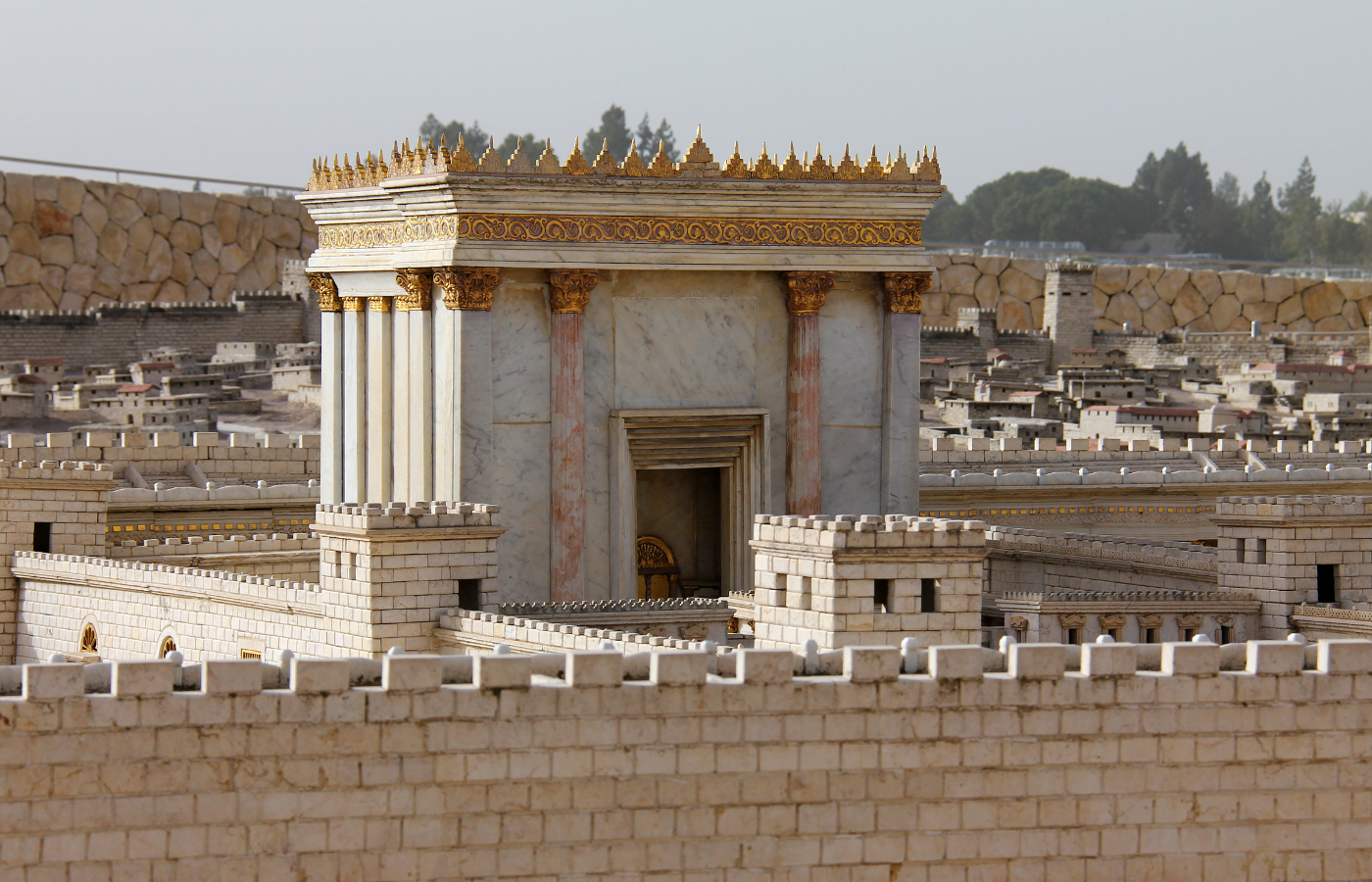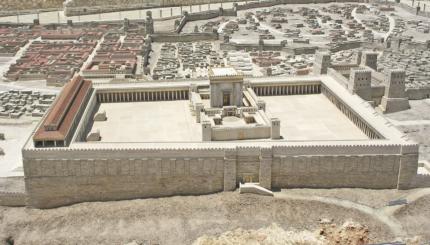Question: When the Temple is rebuilt, will rabbis still be relevant?
— Lavi
Answer: The short answer is that when the Temple is rebuilt, may it come speedily in our days, there will still be a need for experts in Jewish law, and that means rabbis.
A quick history lesson: In ancient times, the Temple was the center of Jewish religious practice and its main function was to carry out the numerous sacrifices made to God. The Temple was staffed and run by priests and levites, but there were also rabbis who held religious authority, some of whom were priests or levites, though many were not. Today, priests and levites are not needed to run the Temple (since it has been gone nearly 2,000 years) but they are given special kavod (honor) in specific synagogue rituals. Today, our religious authority is concentrated in rabbis.
There are a variety of viewpoints across Jewish movements regarding the rebuilding of the Temple in Jerusalem, as well as which aspects of rabbinic Judaism would continue to be part of Jewish practice. Some traditions hope for a return to Temple sacrifices as described in our ancient sources, carried out by priests and levites. There are schools, or yeshivas, in Jerusalem where students specifically learn the laws of sacrifices, purity and other Temple-related matters so that they will be ready to make rulings as soon as the Temple is rebuilt. Their rabbis stand ready to direct what happens in a future Temple. Other traditions say that when the Temple is rebuilt most of the sacrifices carried out in ancient times will not return. Others say we will become vegetarians and make no sacrifices. But whatever position one takes about what will happen in a theoretical future Temple, there is no doubt that Jewish religious authorities will be more relevant than ever and needed to help figure out the details of worshiping God in this new reality.
With your help, My Jewish Learning can provide endless opportunities for learning, connection and discovery.
The return of a Temple might also see the return of the Sanhedrin, a central governing body of 71 rabbis that existed in ancient times, both when the Temple stood and for a time after it was destroyed. And on the ground, throughout the world, rabbis will still be needed to make basic rulings for local populations.
So the answer is that rabbis will not be replaced — hopefully! In fact, they might be more relevant than ever.

Rabbi Asher Lopatin is the spiritual leader of Kehillat Etz Chaim in Detroit, Michigan.



